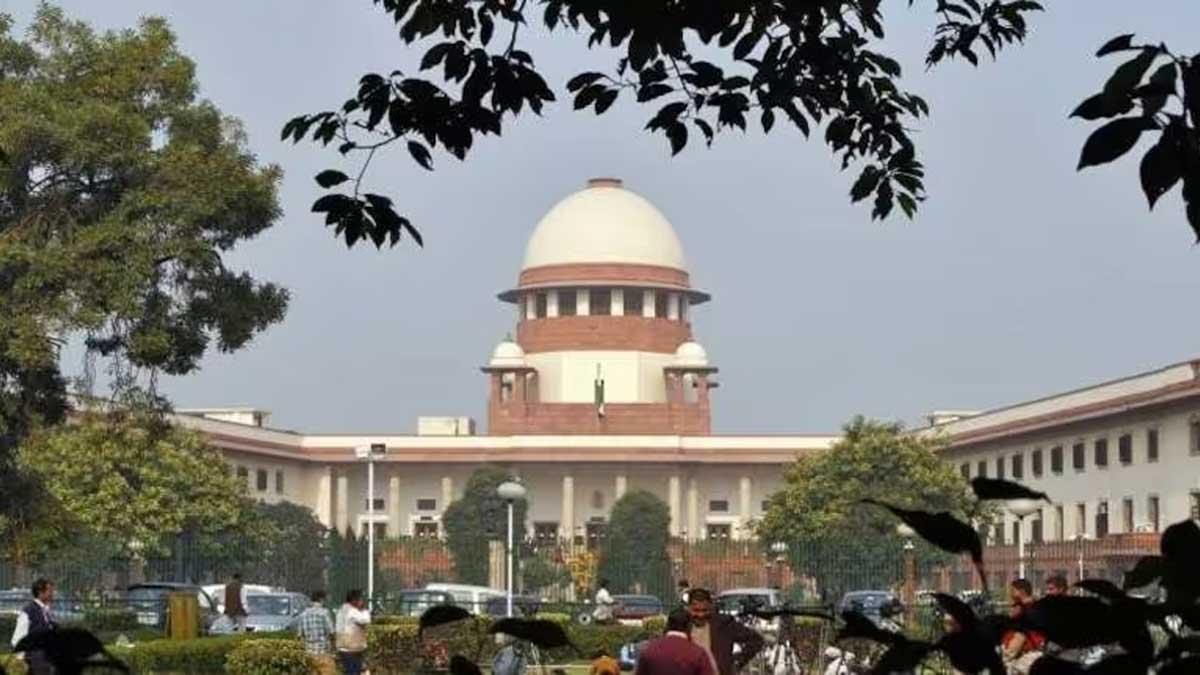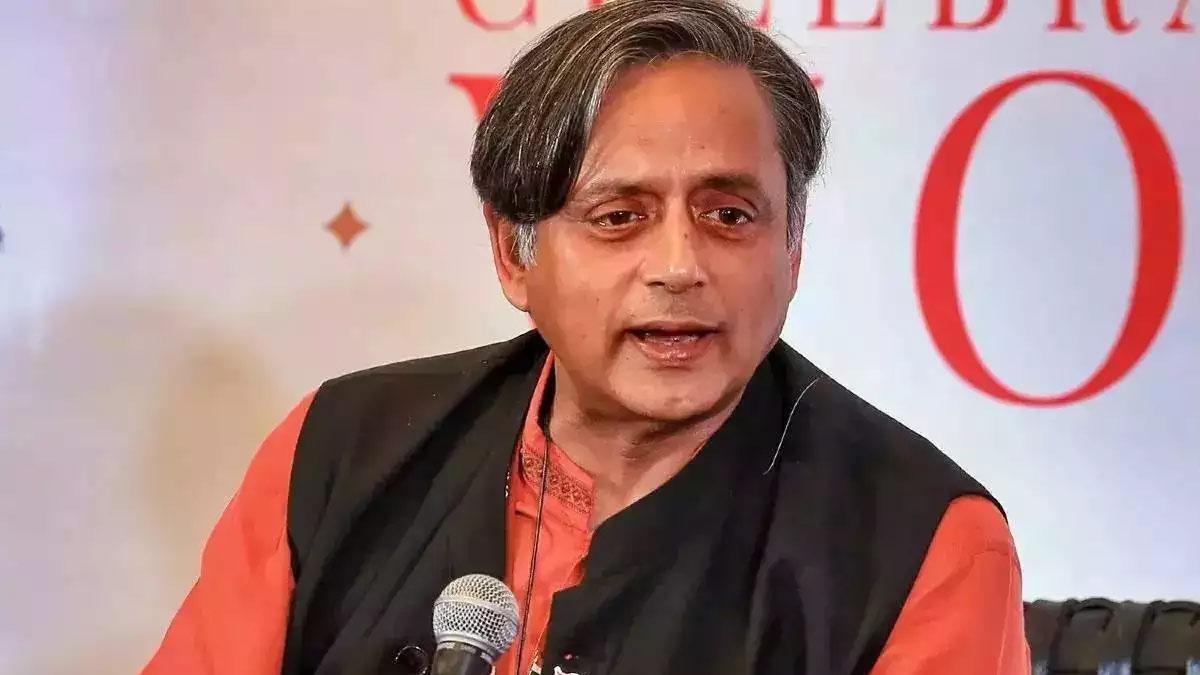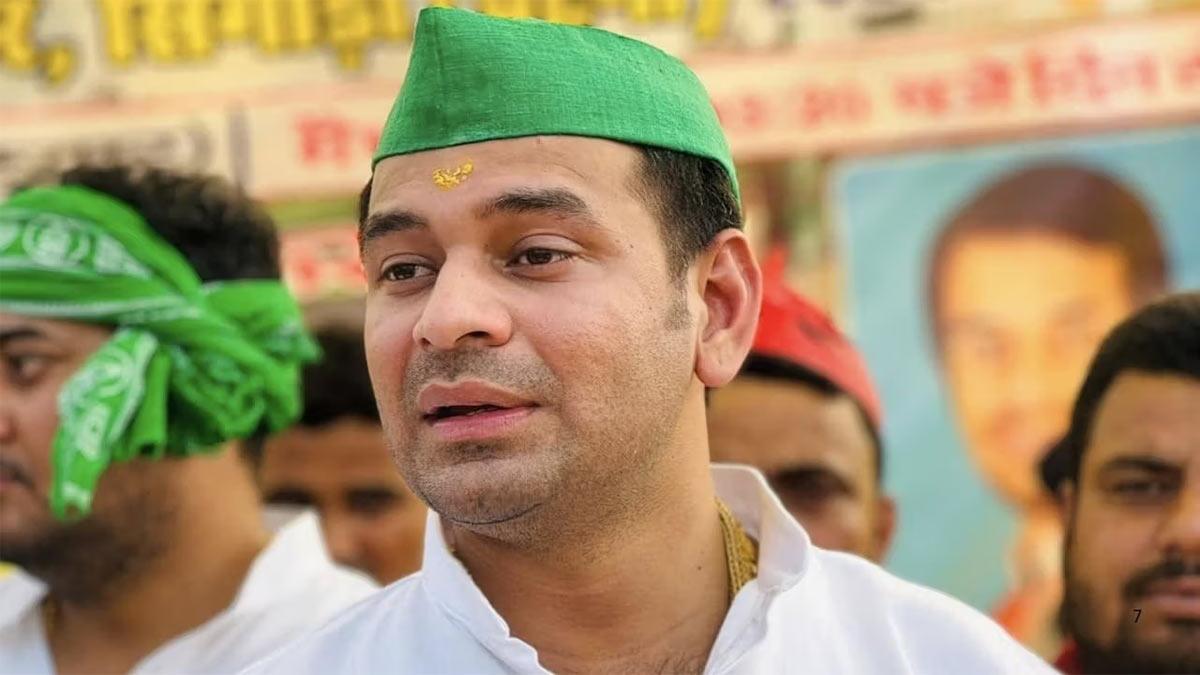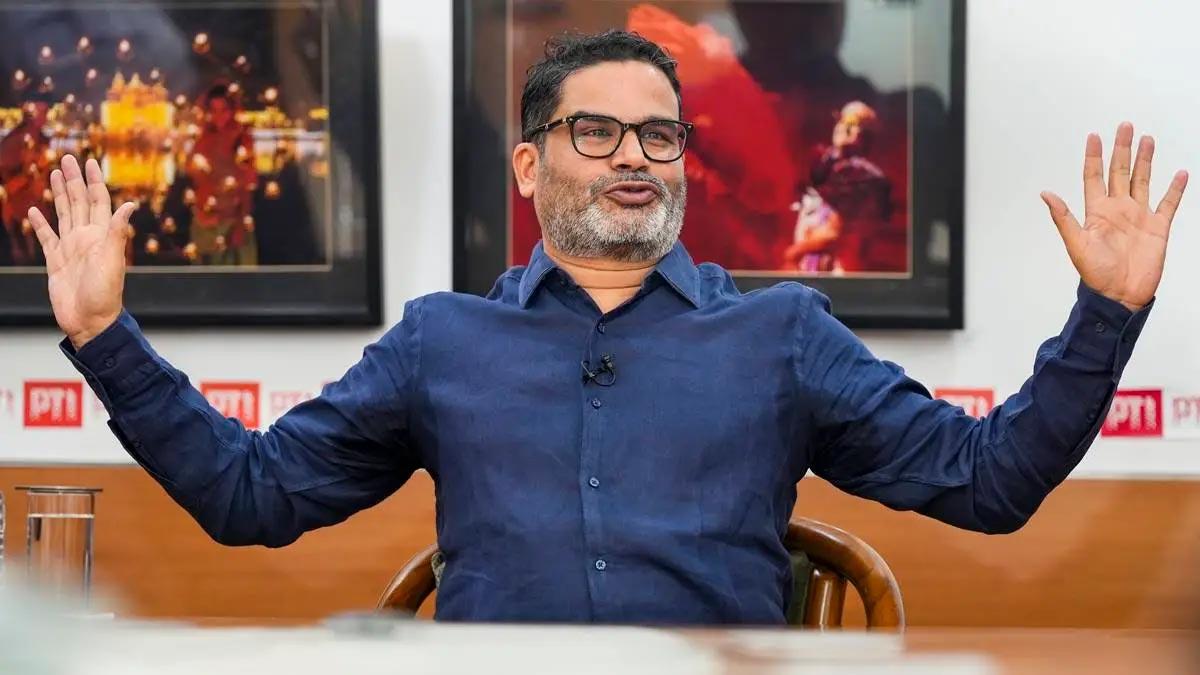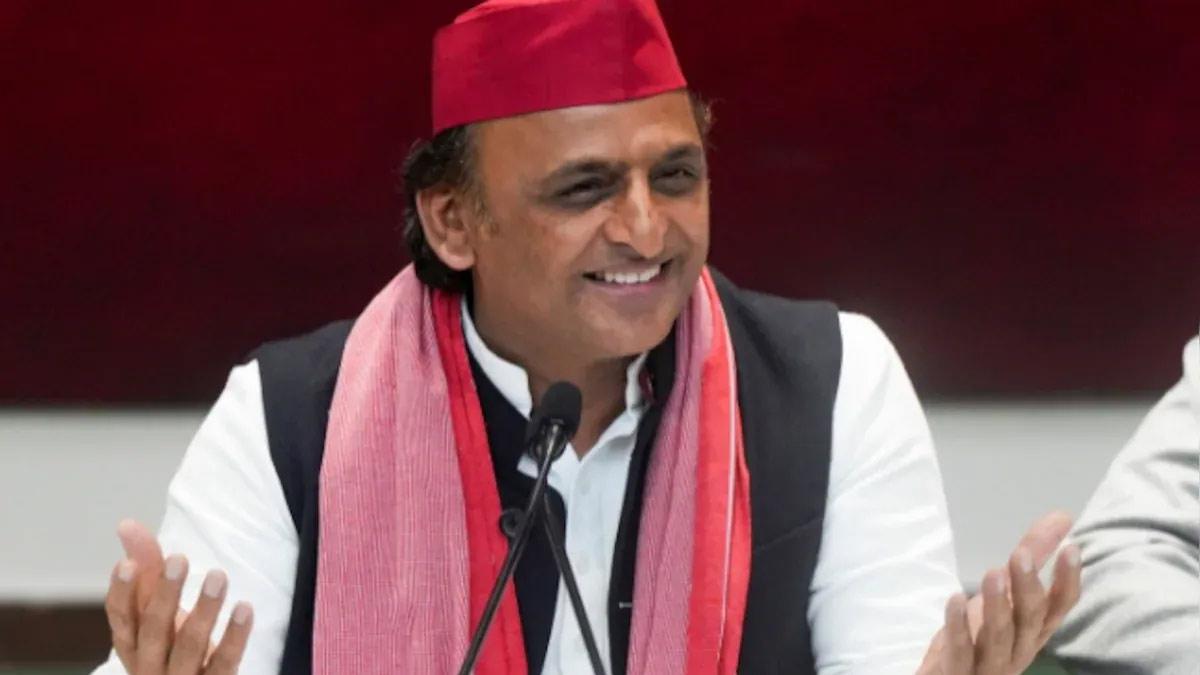In a groundbreaking and unanimous decision, the Supreme Court of India declared on Monday that Members of Parliament (MPs) and Members of Legislative Assemblies (MLAs) are not shielded from prosecution for accepting bribes in exchange for votes or speeches within the legislative houses. This ruling overturns a 1998 judgment that had previously safeguarded such lawmakers.
The seven-judge constitution bench, led by Chief Justice D Y Chandrachud, revisited the apex court's earlier ruling in the JMM bribery case of 1998, which involved five party leaders accused of accepting bribes to sway their votes against a no-confidence motion targeting the P V Narasimha Rao government in 1993.
The bench, including Justices A S Bopanna, M M Sundresh, P S Narasimha, J B Pardiwala, Sanjay Kumar, and Manoj Misra, emphasized that parliamentary privileges do not extend to bribery. Prime Minister Narendra Modi hailed the verdict, expressing his approval on social media platform X, stating it will bolster transparency in politics and foster trust in the democratic system.
Asserting that corruption and bribery corrode the essence of Indian parliamentary democracy, the apex court stressed that the interpretation provided by a five-judge bench in the 1998 JMM bribery case contradicted Articles 105 and 194 of the Constitution. These articles delineate the powers and privileges of MPs and MLAs in the Parliament and legislative assemblies, respectively.
The Chief Justice, while delivering the verdict, underscored the detrimental impact of corruption on the foundational principles of the Constitution, undermining the fabric of a responsible and representative democracy. The court meticulously examined the reasoning of both the majority and minority opinions in the 1998 ruling and independently adjudicated on the matter, firmly establishing that parliamentary immunity does not shield lawmakers from prosecution for bribery.
The 1998 ruling had granted immunity from prosecution to legislators accused of bribery under Articles 105(2) and 194(2) of the Constitution. However, the seven-judge bench determined that such immunity undermines public interest, integrity in public life, and the essence of parliamentary democracy. The court unequivocally stated that individual legislators cannot claim privilege under Articles 105 and 194 to evade prosecution for bribery related to their legislative functions.
Articles 105 and 194 aim to foster an environment conducive to debate and deliberation within the legislature, a purpose subverted when bribery influences votes or speeches. The court emphasized that bribery cannot be shielded under these articles as it constitutes a criminal act independent of the legislative process. Upholding the integrity of parliamentary proceedings, the bench emphasized the importance of legislators exercising their free will and conscience without succumbing to inducements.
The Supreme Court's decision to revisit and overturn the 1998 judgment stemmed from a case involving Sita Soren, an MLA from the Jharkhand Mukti Morcha (JMM), who was accused of accepting bribes in a Rajya Sabha election in 2012. Soren challenged a High Court order refusing to quash the criminal case against her, contending that the immunity granted to lawmakers should apply to her as well. The apex court's reconsideration of the issue was prompted by the need to reassess the application of parliamentary privileges in cases involving allegations of bribery.
The ruling sets a precedent for upholding the principles of transparency, accountability, and integrity in the functioning of legislative bodies, reinforcing the foundation of India's democratic framework.
Read also | Opting Out: BJP's Pawan Singh Withdraws from Asansol Contest
Read also | Potential Challenger: Madhavi Latha Poses Strong Competition Against Owaisi

